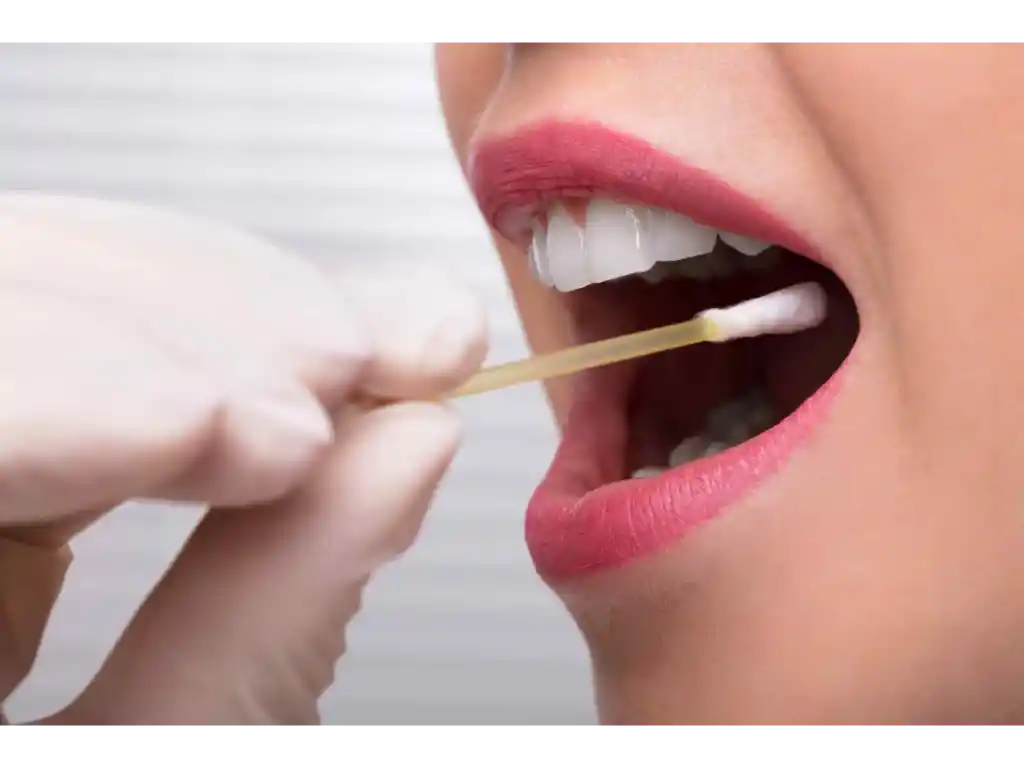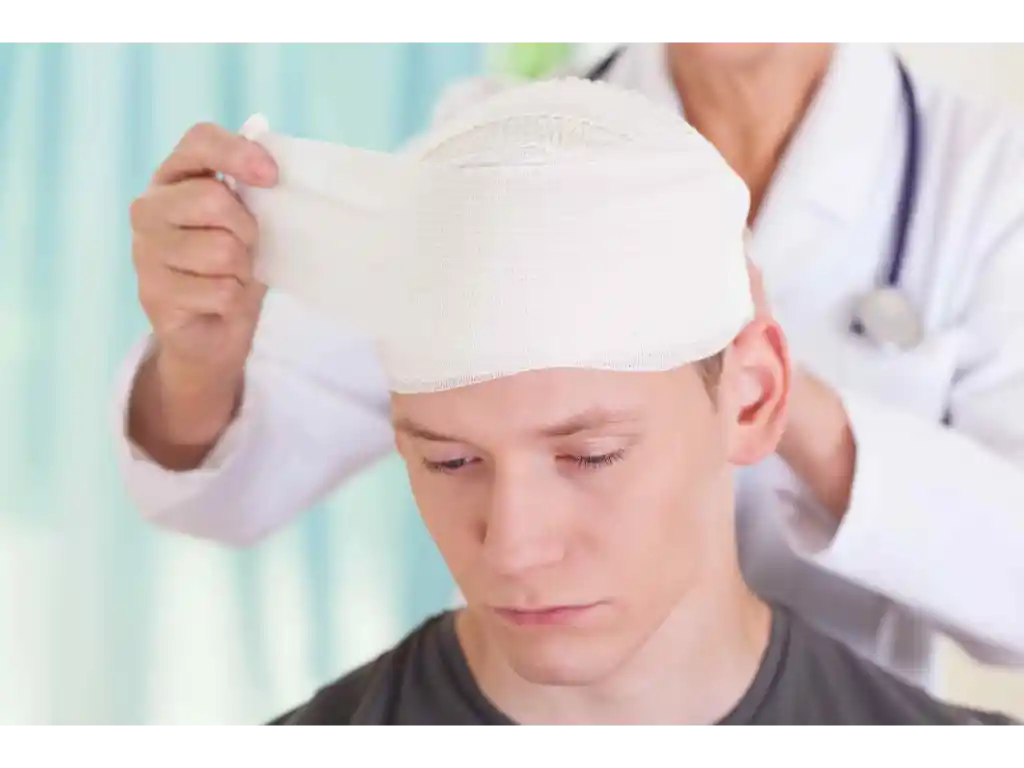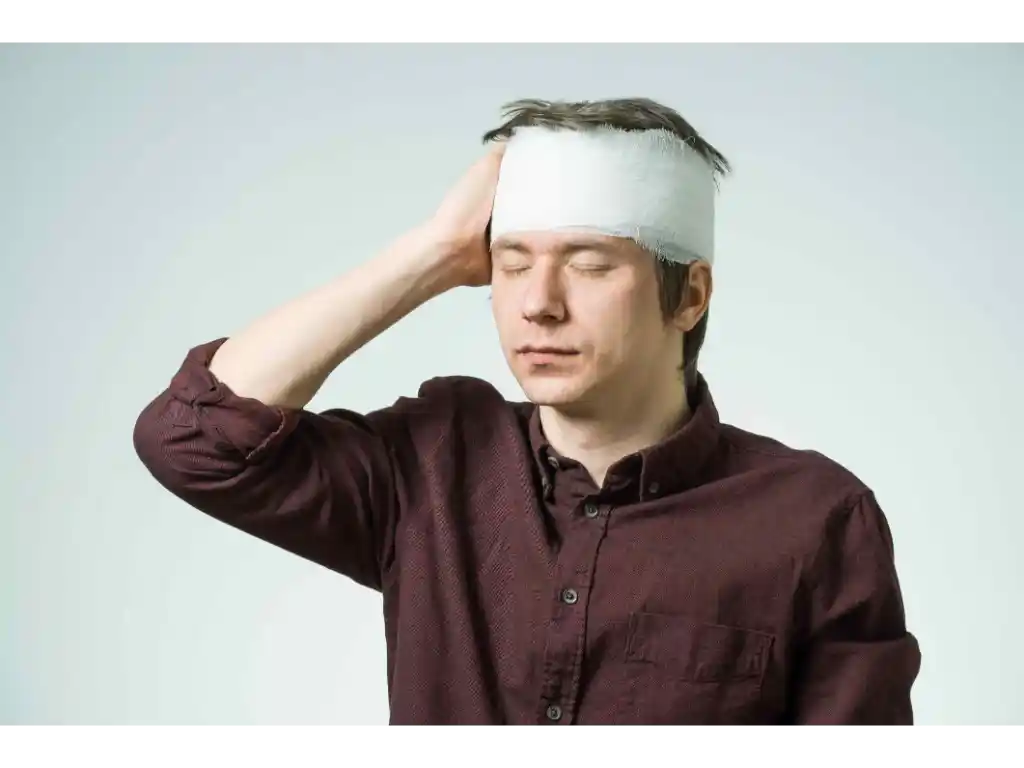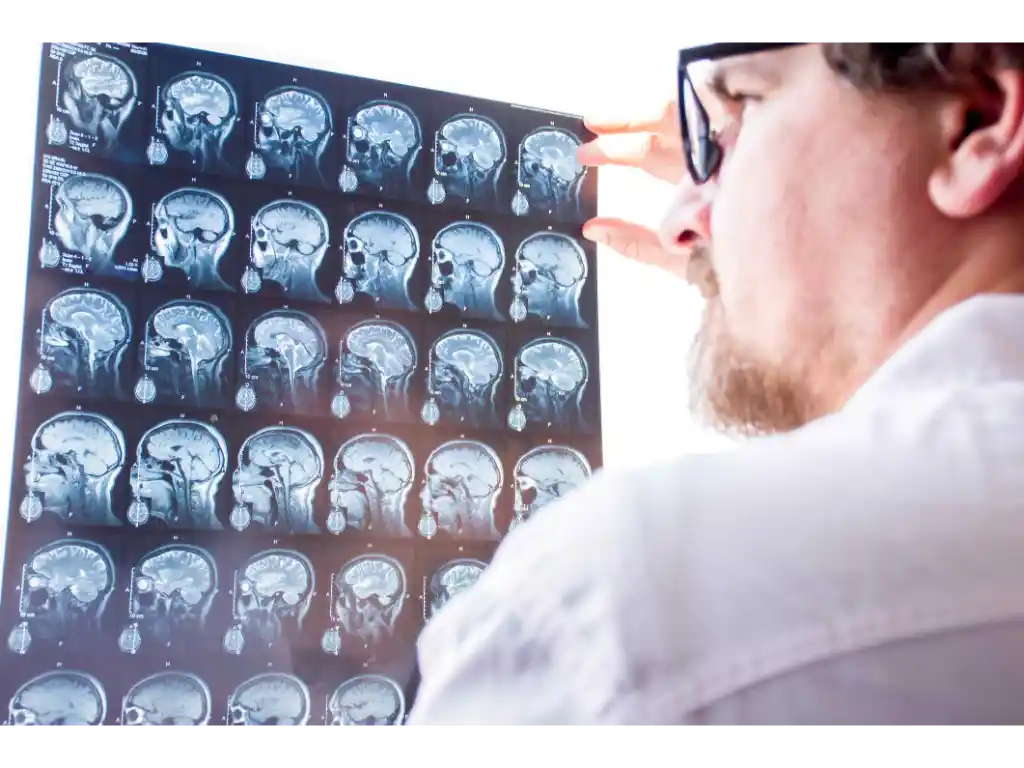
Can Saliva Be Used to Diagnose Concussions?
According to a peer-reviewed article published in the British Journal of Sports Medicine, researchers can accurately diagnose concussions using a biomarker in saliva. This major finding can potentially aid doctors and athletic trainers in rapidly determining if athletes suffered concussions using an objective test.
Scientists and doctors studied the saliva samples of more than 150 professional rugby players between 2017 and 2019. Samples were collected before the season and then compared with samples collected as players were assessed for concussions or other injuries. Researchers used a statistical composite of 14 small non-coding RNAs (sncRNAs) to determine if a rugby player had suffered a concussion.
According to Antonio Belli, a professor at the University of Birmingham and co-author of the study, genetic markers in saliva determined with 94% accuracy which players were diagnosed with concussions and which were not. “What’s exciting about this is we not only found a very accurate way of identifying brain trauma but also we found it in saliva, which is not invasive,” said Belli.
Although this new research has major implications for athletes competing in a wide range of sports, an objective saliva test wouldn’t replace the standard clinical assessment based on symptoms, but it could provide a supplement to confirm concussions or identify unreported ones.
Currently, doctors diagnose concussions by interpreting behavior, symptoms, and using imaging tests, but this new research can change how we diagnose concussions in athletes, soldiers, and accident victims who sustain severe head trauma.
When it comes to sports, a significant number of concussions are not diagnosed during the game and players don’t always report their symptoms. With the new findings, research scientists are excited about the possibility of one day having a saliva test that can be quickly used on the sideline. It currently takes a whole working day to get test results of the saliva test, but researchers hope to have better technology in the near future. In fact, the advancements in accuracy and efficiency in coronavirus testing are being looked at to apply to instant concussion tests via saliva.
Do you need legal guidance to determine if you can seek compensation for a traumatic brain injury? Then please call us today at 415-688-2176 or contact us online to request a free case consultation.
Ask A Question,
Tell Us Your Situation, &
Get A Free Consultation
Contact Us & We’ll Guide You Through Your
Next Steps!
Required Fields*
Your Information Is Safe With Us.
We respect your privacy. The information you provide will be used to answer your question or to schedule an appointment if requested.
Can Saliva Be Used to Diagnose Concussions?

According to a peer-reviewed article published in the British Journal of Sports Medicine, researchers can accurately diagnose concussions using a biomarker in saliva. This major finding can potentially aid doctors and athletic trainers in rapidly determining if athletes suffered concussions using an objective test.
Scientists and doctors studied the saliva samples of more than 150 professional rugby players between 2017 and 2019. Samples were collected before the season and then compared with samples collected as players were assessed for concussions or other injuries. Researchers used a statistical composite of 14 small non-coding RNAs (sncRNAs) to determine if a rugby player had suffered a concussion.
According to Antonio Belli, a professor at the University of Birmingham and co-author of the study, genetic markers in saliva determined with 94% accuracy which players were diagnosed with concussions and which were not. “What’s exciting about this is we not only found a very accurate way of identifying brain trauma but also we found it in saliva, which is not invasive,” said Belli.
Although this new research has major implications for athletes competing in a wide range of sports, an objective saliva test wouldn’t replace the standard clinical assessment based on symptoms, but it could provide a supplement to confirm concussions or identify unreported ones.
Currently, doctors diagnose concussions by interpreting behavior, symptoms, and using imaging tests, but this new research can change how we diagnose concussions in athletes, soldiers, and accident victims who sustain severe head trauma.
When it comes to sports, a significant number of concussions are not diagnosed during the game and players don’t always report their symptoms. With the new findings, research scientists are excited about the possibility of one day having a saliva test that can be quickly used on the sideline. It currently takes a whole working day to get test results of the saliva test, but researchers hope to have better technology in the near future. In fact, the advancements in accuracy and efficiency in coronavirus testing are being looked at to apply to instant concussion tests via saliva.
Do you need legal guidance to determine if you can seek compensation for a traumatic brain injury? Then please call us today at 415-688-2176 or contact us online to request a free case consultation.
Post tags
Table of contents
Related Blog Posts

Traumatic Brain Injury May Be a Risk Factor for Schizophrenia
Mental disorders are one of the most common outcomes of traumatic brain injury (TBI). About 1 in 3 individuals who sustain a TBI will develop depression in the following six months, and about half will…

Noise Sensitivity Following Mild Traumatic Brain Injury is a Predictor of Long-Term Post-Concussive Symptoms
The symptoms associated with mild traumatic brain injury (mTBI), also called concussion, typically resolve within a few weeks. One of the most common symptoms is noise sensitivity, which can cause discomfort and distress in loud,…

Is a Neuropsychological Exam Necessary After Suffering a Brain Injury?
After a person suffers a minor or severe brain injury, doctors often use MRI or C.T. scans to help identify lesions and determine if there is any neurocognitive dysfunction. However, even with a C.T. scan…

